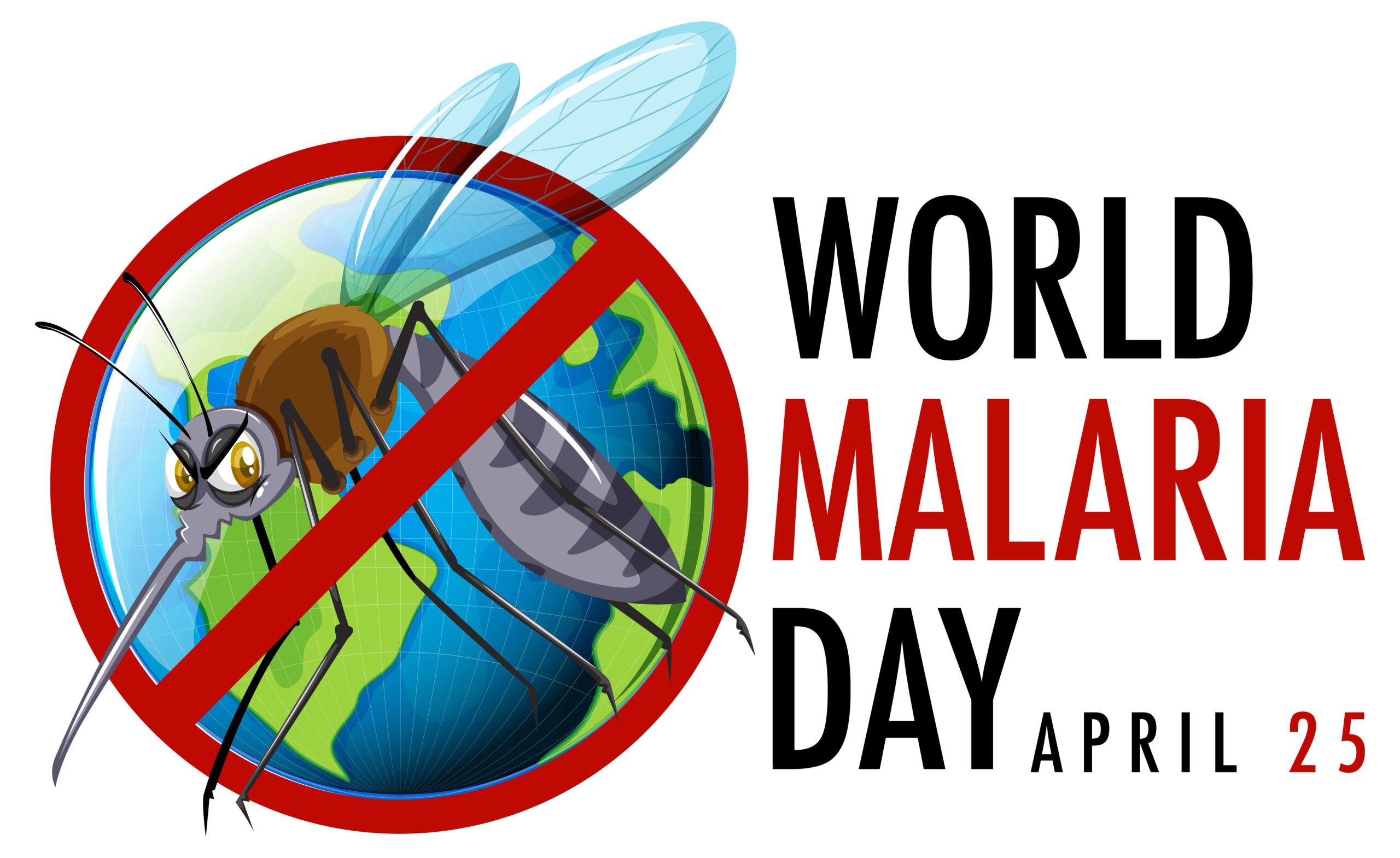Thyroid Care: Foods That Help or Hurt You
Thyroid Care: Salt, your thyroid needs iodine to work well. Most people from the U.S. get enough of the element in their diet, usually through fish and dairy products. Be sure you’re using iodized table salt in your home. You can tell by looking at the tag.
Leafy Greens
Spinach, lettuce, and other instances are incredible s of magnesium, an all-star mineral that plays a massive role in your body processes. Fatigue, muscle cramps, and changes in your heartbeat could be signs that you’re not getting enough.
Thyroid CareNuts
Cashews, almonds, and pumpkin seeds are excellent s of iron. Brazil nuts help your thyroid in two ways. Not only are they a good of iron, but they’re also full of selenium, another mineral that supports your thyroid. Just a few each days provides you with the selenium you need.
Seafood
Fish, shrimp, and seaweed are surprising s of iodine. You will need iodine for a healthy thyroid, but avoid large quantities of iodine-rich options like kelp. That may make your condition worse.
Kale
Could that celebrity among superfoods, actually not be quite so impressive? Kale is a moderate goitrogen — in rare instances, it prevents the thyroid from getting enough iodine. But kale shouldn’t be a problem for you unless you get very little iodine in your diet, and you are eating large quantities kale. This is also the case (in varying degrees) for broccoli, cabbage, cauliflower, and Brussels sprouts.
Soy
In rare cases, some of the chemicals found in soy products such as soy milk or edamame could damage your thyroid’s ability to make hormones. But only if you don’t get enough iodine and eat large amounts. Just like with kale, if your iodine levels are OK, you probably don’t need to worry about soy.
Organ Meats
If you eat things such as kidneys, heart, or liver, you might get a lot of lipoic acids. That’s a chemical in these and some other foods. You can also get it as a supplement. But if you get too much, it might mess with the way your thyroid works. Lipoic acid could also affect the thyroid medicines you take.
Gluten and Your Thyroid
Gluten is a protein found in wheat, rye, and barley. Unless you have been diagnosed with celiac disease, it likely won’t affect your thyroid gland. Gluten can damage the small intestines of people with celiac disease. They can have other autoimmune disorders like Hashimoto’s disease (which results in an underactive thyroid) and Graves’ disease (which contributes to an overactive thyroid). If you have celiac disease, a gluten-free diet may help prevent these thyroid diseases.
Thyroid Medicine and Your Food
The foods you eat can affect your thyroid medication. They can slow down the way the body absorbs the medication. It may also affect how well it does it.
Take medicine on an empty stomach, preferably in the morning.
Some vitamins and antacids may also prevent your medicine from working.
Ask your doctor or pharmacist for more information about timing your meals and other meds throughout your thyroid treatment.


